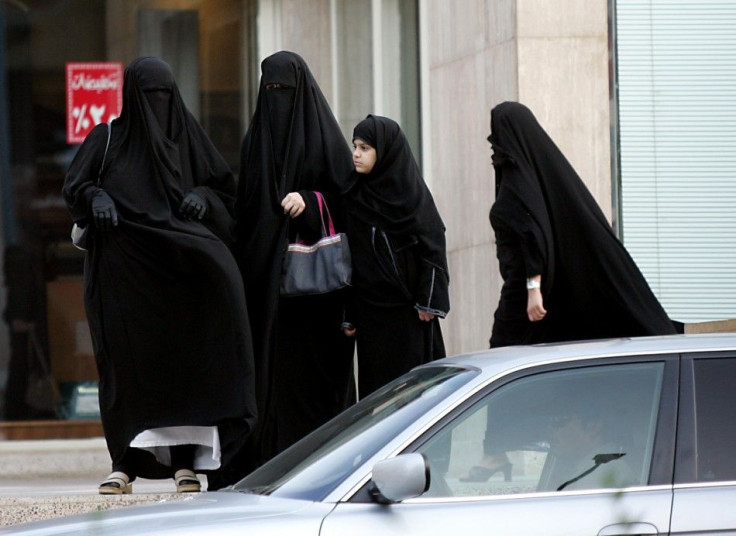Saudi Woman Faces Flogging For Driving

Just two days after the king of Saudi Arabia said he would allow the women in his kingdom to vote, a report has emerged that a Saudi court has sentenced a woman to ten lashes for driving a car.
According to Associated Press, the woman in question is named Shaima Ghassaniya, according to activist Samar Badawi.
Under the Saudis' conservative laws, women need the permission of a male guardian to work, to marry, to divorce, to travel abroad, and to undergo certain kinds of surgery.
According to Reuters, Naila Attar, an activist who is demanding the right to drive, said: I am very upset and disturbed... I believe that this is a message which intends to tell women that they will not get all their demands. We are now working on a petition to the king ... asking him to stop the lashing order.
Amnesty International, the London-based human rights group, said it is outraged by the sentence.
Flogging is a cruel punishment in all circumstances but it beggars belief that the authorities in Saudi Arabia have imposed lashes on a woman apparently for merely driving a car,” said Philip Luther, an Amnesty regional deputy director, in a statement.
Allowing women to vote in council elections is all well and good, but if they are still going to face being flogged for trying to exercise their right to freedom of movement, then the king's much trumpeted 'reforms' actually amount to very little. Saudi Arabia needs to go much further. The whole system of women’s subordination to men in Saudi Arabia needs to be dismantled.”
Amnesty added that two other women in the kingdom are facing similar charges.
One of the women, Najla Hariri, told Reuters: They called me in for questioning on a charge of challenging the monarch on Sunday... I signed a pledge not to drive again, although my driving was a result of necessity not an act of defiance.
In 1990, Saudi Arabia formally imposed a ban of women driving in the kingdom after a group of women staged a driving protest to challenge the unofficial ban in place at the time.
However, there is actually no explicit law in the books forbidding women to drive. The law states that citizens can drive only if they have licenses issued by local authorities – but since such licenses are not given out to women, they are effectively prohibited from driving.
Thus, Saudi women with drivers’ licenses from international sources have been agitating for the right to drive in the kingdom.
In fact, a campaign entitled Women2Drive promoted this movement on social media outlets like Twitter and Facebook.
According to reports, in late May, a Saudi woman named Manal Al-Sharif posted a YouTube video of herself driving in the streets of al-Khobar, which is near Bahrain. She was arrested, detained for ten days and then released only after she signed a pledge to never drive again.
Reportedly, her detention dissuaded other women from challenging the driving ban.
Saudi Arabia is reportedly the only country in the world that bans women - both citizens and foreigners - from driving.
© Copyright IBTimes 2024. All rights reserved.





















